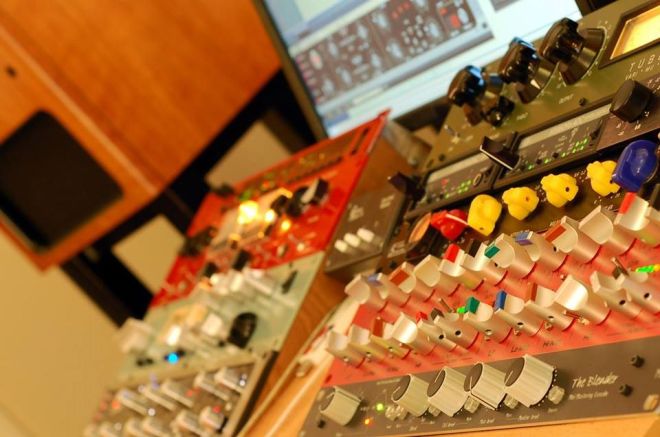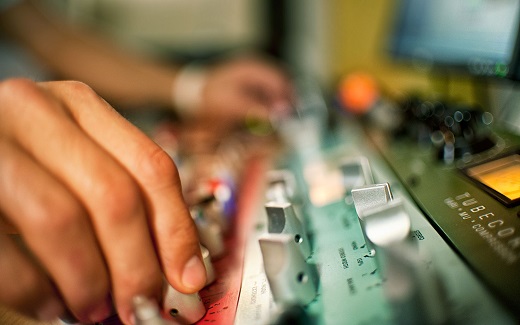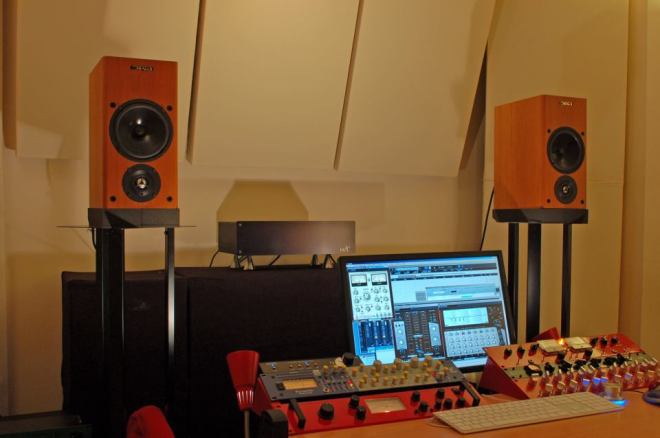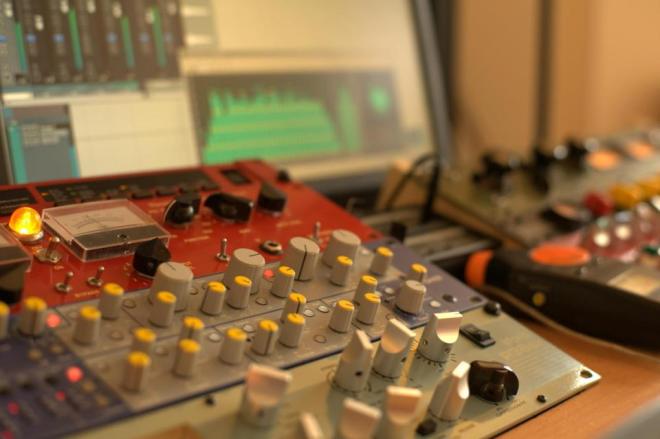Mastering is one of the many alluring pursuits that comprises an extensive music production process. While in the present times, a large number of artists are indulging in this procedure on their own, it is best if you leave the work for a professional, who not only have the adequate knowledge and proficiency but also possess the required paraphernalia.

However, for those musicians, who just would not listen, let me inform that although it seems easy, audio mastering is a challenging task to undertake. Generating optimal results is only possible through dedication, hard work and some necessary tips and tricks. Even though I cannot decide the effort that one is going to put into, let me update some of the essential tips that might be beneficial for individuals, who are trying their hands on professional audio mastering. Take a close look at them as they are mentioned below in points.
- Excessive processing and special effects are not good for a track. If you are thinking that a bad mix could be turned into something exceptional through mastering techniques, let me warn that you are absolutely wrong. Mastering is all about polishing, it is not any kind of magic dust that would make your bad songs melodious.
- Monitoring is extremely important because it is only through acute observation that you would be able to notice the minor flaws. Professional sound engineers have acoustically treated rooms and special headsets, which allow them to hear all the nitty-gritty of a track. Spectrum analysers are another tool used to measure the dynamics and loudness so that they can be balanced properly.
- Compressors are excellent tools that offer your songs with richness and makes them complete. However, it is only through the right use of this equipment that your track could achieve satisfactory punches and volumes.
- Equalisation is a procedure that could limit as well as boost frequencies. It is during this stage that you are required to emphasise the high and low notes properly.
- A large number of artists have entered the loudness wars because they believe that the intensity of volumes determines the quality of a song. However, this is just not true. You cannot really increase the volumes of tracks with a hope to make them a hit in the commercial market. Musicians must remember that a track would only be able to impress listeners if it retains its quality over diverse media formats starting from amplifiers to earphones.
- The A/B testing format in plugins is a great way to compare your mastered track with a song that is already ruling the industry. Here you could learn about those aspects that your track may be lacking and thus, incorporate them later.

The above-mentioned six essential tips are sure to help those musicians, who desire to master their song on their own. However, one must understand that procuring desirable outcomes is not that easy. Instead of getting disheartened due to continual mediocre results, musicians must really consider hiring a professional for mastering music online.






